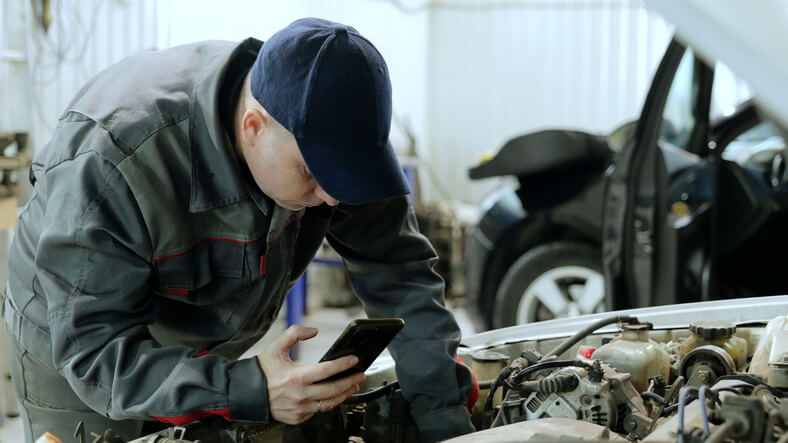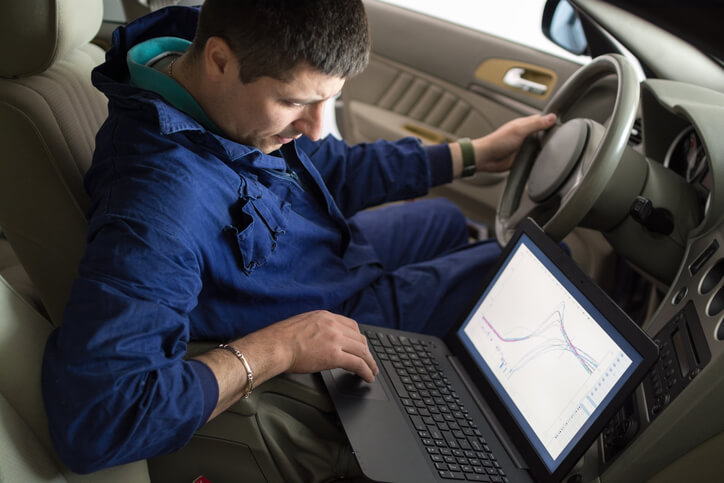How Vehicle Data Recorders Are Shaping Diagnostics for Auto Mechanic Training Graduates
Modern vehicles aren’t just machines; they’re data hubs on wheels. With the rise of sophisticated vehicle data recorders (VDRs), today’s auto mechanics need more than just a wrench and a good ear; they need a firm grasp of technology. For graduates of auto mechanic training, especially those studying at an industry-forward institution like ATC Toronto, understanding these tools is not optional; it’s essential.
This blog post explains how vehicle data recorders are shaping diagnostics for auto mechanic training graduates.
What Is a Vehicle Data Recorder?
A vehicle data recorder is like the black box of a car. It continuously captures crucial information such as speed, acceleration, brake usage, gear shifts, steering input, and more. These devices can even log the performance of safety systems like airbags or traction control. Initially created for post-accident analysis, VDRs now play a pivotal role in diagnostics, preventative maintenance, and real-time troubleshooting.
For aspiring professionals enrolled in auto mechanic training, learning how to access and interpret this data prepares them to work on newer model vehicles that rely on these systems for efficient operation.
Why This Matters for Auto Mechanic Training Students
Gone are the days when mechanics relied solely on experience and manual inspections. Today’s technicians must be fluent in digital diagnostics. As vehicle systems become more computerized, auto mechanic school programs have had to evolve to match the pace of innovation.
At ATC Toronto, students are taught to read and analyze data retrieved from VDRs as part of a comprehensive training experience. This skill not only improves accuracy when diagnosing issues but also reduces the time it takes to perform repairs. That’s a huge win for both the technician and the customer.
By the time students graduate from our auto mechanic training programs, they’re comfortable using professional scan tools and software that interface with vehicle data systems. It’s no longer a “nice to have”; it’s what employers demand.

How VDRs Are Changing the Diagnostic Process
Diagnostics have always been a crucial part of automotive repair. But with VDRs, the process has become faster and more precise. Rather than relying on observable symptoms or test drives, technicians can pull data from the vehicle’s onboard computer. This lets them spot irregularities or system failures before they become critical issues.
For example, a mechanic can see that a car has experienced intermittent misfires during highway driving, even if the customer didn’t notice it. Or, they can determine that a brake warning light was triggered due to low pressure during sharp turns. This level of insight wasn’t possible before VDR technology became widespread.
Learning to integrate this data into the diagnostic workflow is a key part of today’s auto mechanic training programs. Students must understand not just what the data says, but what it means.
Benefits for Graduates Entering the Workforce
Mastering VDR tools gives graduates a competitive edge in the job market. Dealerships, repair chains, and independent garages alike now seek technicians who can combine traditional mechanical know-how with digital savvy. With the foundational skills learned through auto mechanic school, graduates are positioned to take on increasingly complex repairs with confidence.
Plus, VDRs are a stepping stone to other emerging technologies like predictive maintenance and AI-driven diagnostics. By learning these tools early, students develop the adaptability they’ll need throughout their careers.

Learn Diagnostic Excellence at ATC Toronto
At ATC Toronto, our auto mechanic training program is built around real-world experience and industry technology. Students gain hands-on practice with diagnostic equipment and data systems, ensuring they’re prepared for today’s and tomorrow’s automotive challenges.
If you’re looking for a career that blends your love of cars with cutting-edge tech, our auto mechanic training programs are a great place to start. The road ahead in auto repair is changing fast, so make sure you’re trained to keep up.
Would you like to explore a broad range of ATC Toronto courses?
Contact us for more information.


